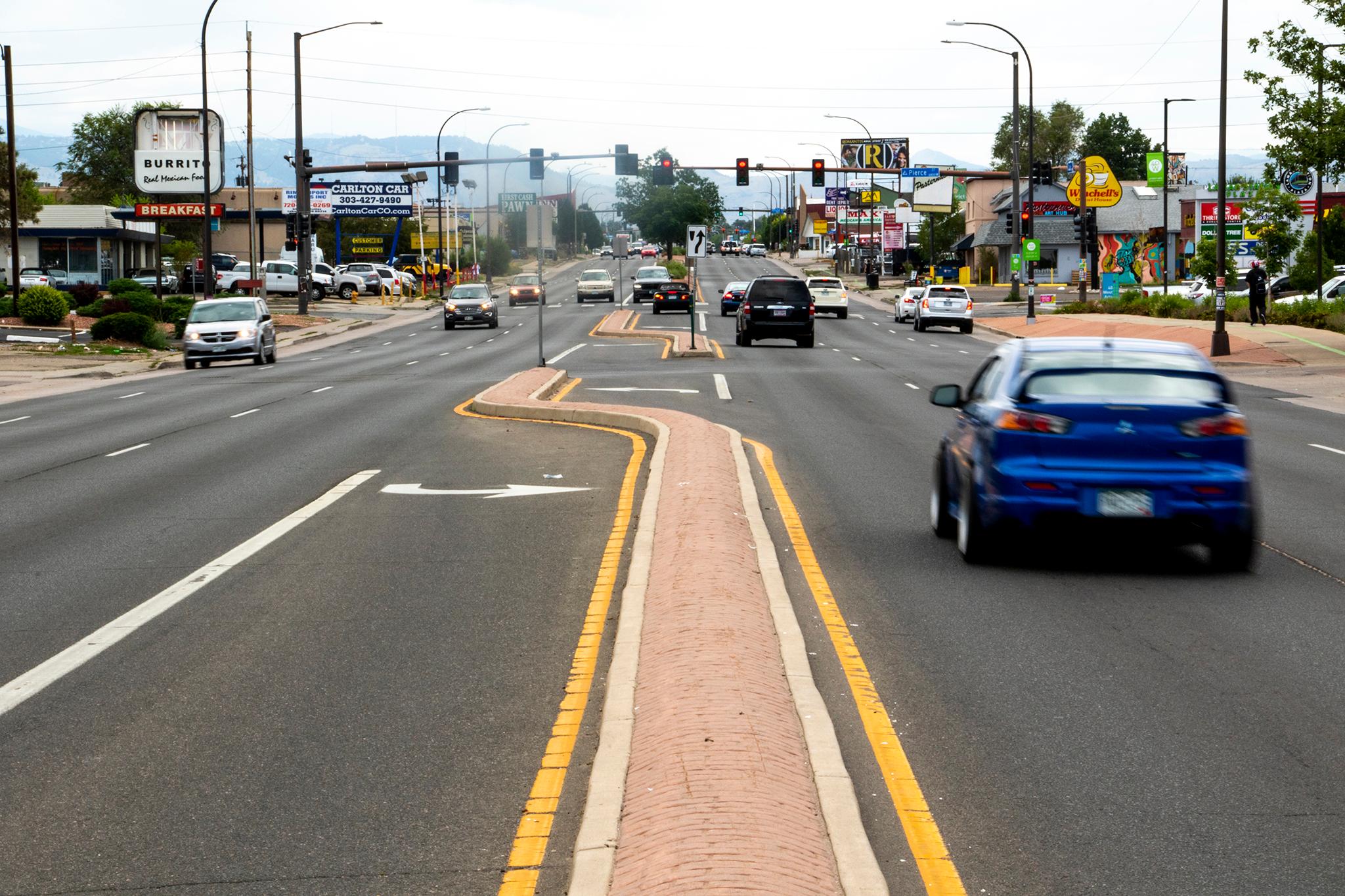
Lakewood City Council will discuss on Monday how the city's building permits may be affected in 2020.
The council needs to decide on a timeline for how to allocate building permits under the city’s new growth limit. Lakewood voters passed the measure in July. It caps new residential housing growth to 1 percent a year.
Stacie Oulton, a spokeswoman with the city, said some property owners and developers are concerned about losing their investments if they don’t get building permits, especially if they have smaller projects with just a few units.
“Some residents worried it would cause further deterioration in their neighborhoods,” Oulton said in an email. “But on the flip side, residents were worried that growth wasn’t being stopped fast enough.”
The challenge is that, as things currently stand, property owners might invest time and money for a project and then find out after a long process that the project isn't approved. If they’re denied, they may have to pay additional costs while they wait for the following year’s application to open.
The limit works like this: The final number of allocations for 2020 will be based on 1 percent of the final number of dwelling units in December 2019.
That's about 700 allocations.
Here's where it gets tricky for anybody wanting to build: The timeline for allocations is broken into three phases, according to the city council agenda. In the first phase, property owners can submit as application and then the city provides feedback about where red flags may arise in the process. Only about one of 10 applications submitted will be approved for the next phase of development.
Projects that need additional approvals like zoning changes will be evaluated during the next phase and may be denied at this point. Projects in the final phase go through an administrative process and can’t be denied if it meets all code requirements.
There are a couple of exceptions to consider.
Affordable housing applications will also be discussed at Monday’s meeting. Opponents of the measure were concerned the growth limit would increase housing costs and price people out of Lakewood.
During an August meeting, city officials said property inside urban renewal areas would be considered “blighted.” Property in blighted areas makes it exempt from the growth restrictions. Council will also talk about additional areas in Ward 2 that could be considered blighted.
A similar growth measure for the Front Range could be up on the 2020 ballot.








